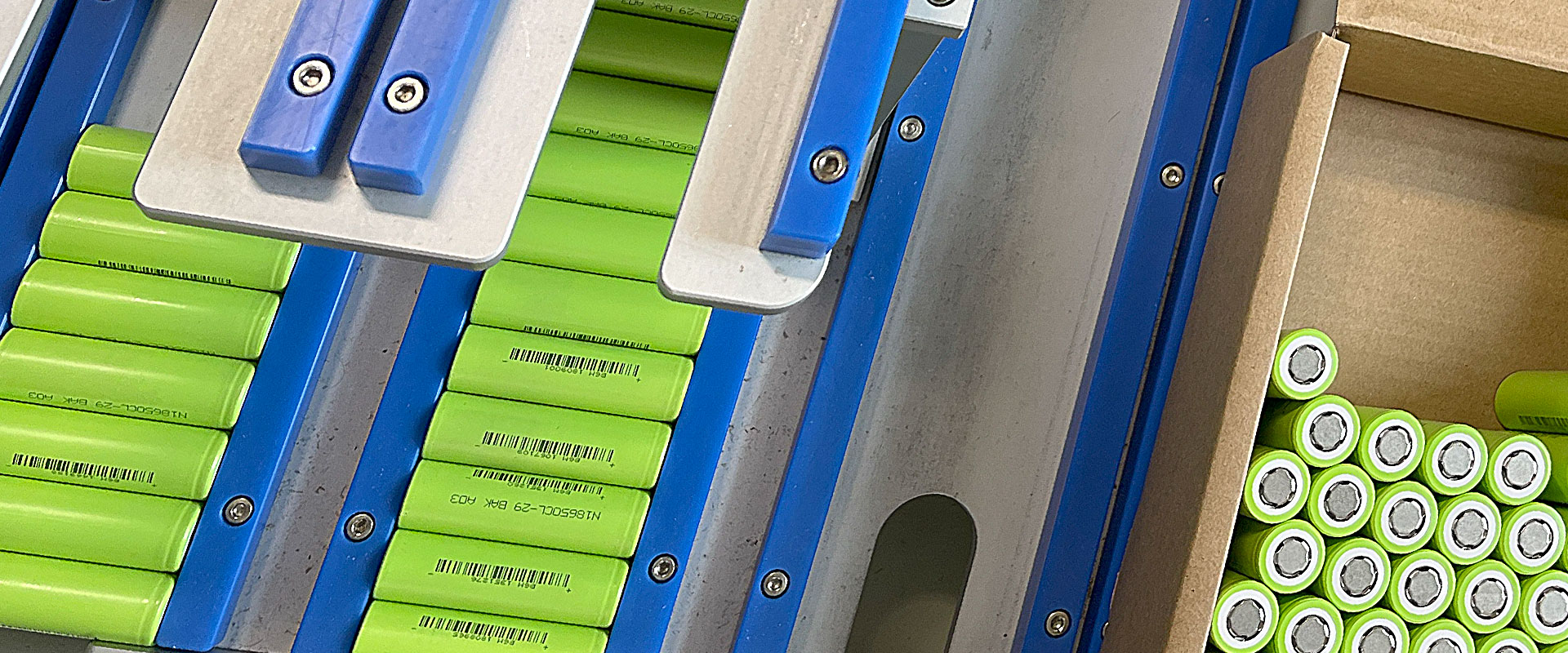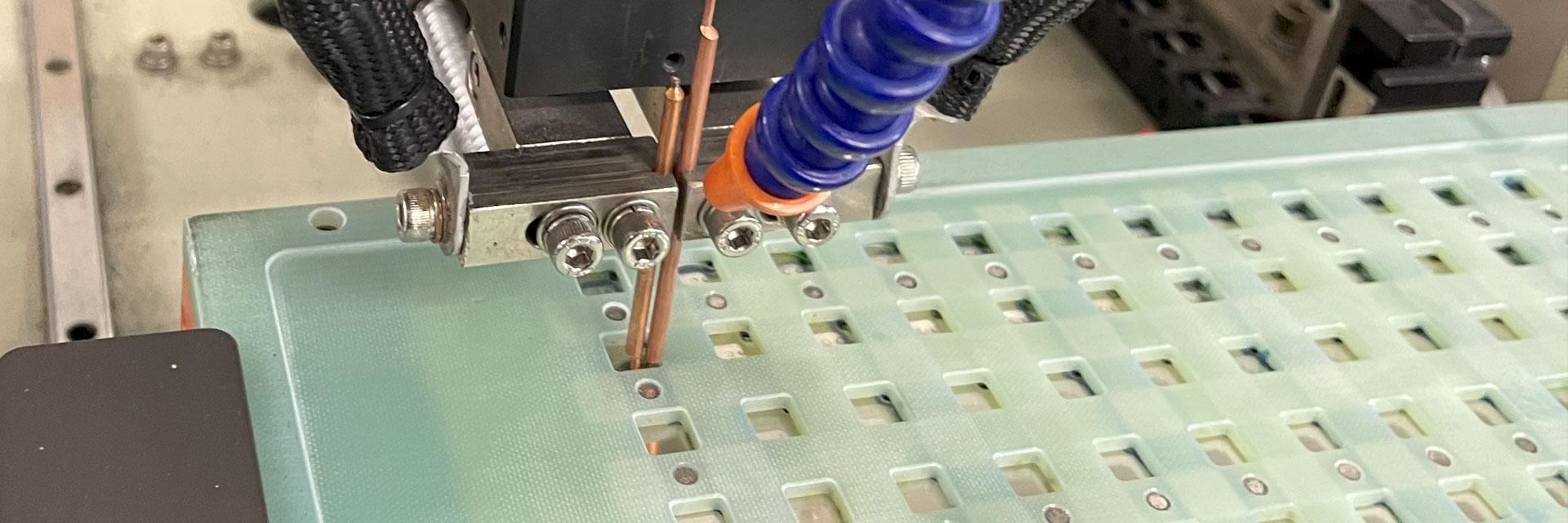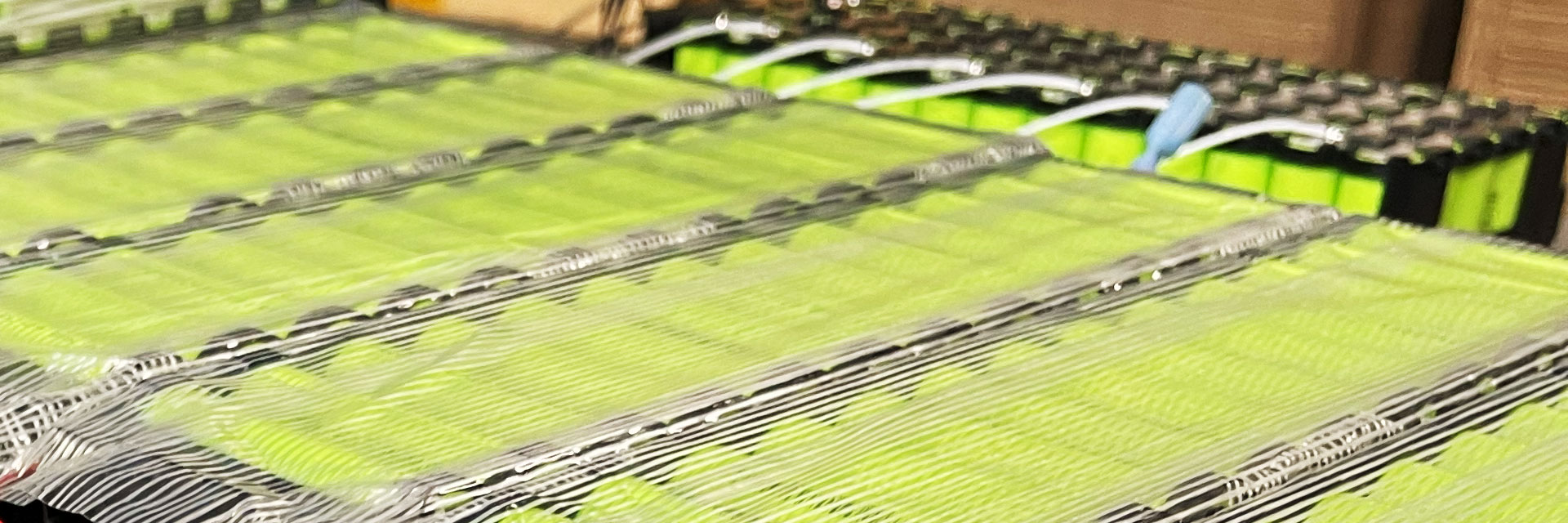
BATTERIES
FOR EVERY NEED
For the production of batteries, FIVE relies on the best available technologies on the market and the best brands in the industry.
LITHIUM-ION BATTERIES’ QUALITY AND LONG-LIFE
Electric bicycle have the currently more advanced Lithium-Ion batteries, equipped with Samsung, EVE and BAK cells to guarantee higher quality, safety and long service life thanks to several charging cycles: up to 1,000 full cycles. Lithium-Ion batteries are based on advanced technology that makes them small and light, generating a reduced weight for the same capacity, or a greater capacity for the same weight. The result is really an increase in the bike’s range. FIVE Lithium-Ion batteries are handy and quickly removable. They can be recharged at any time and do not suffer from memory effect while maintaining high performance. Moreover, during the charging process, they provide 95% energy efficiency.

Up to
Full cycles
TOTAL SAFETY
Batteries comply with UN38.3 regulation, which includes several tests (altitude, thermal, vibration, impact, overload, etc.), many of which are essential for safety. Passing the tests UN38.3, is the mandatory requirement to market the batteries individually and separately from the e-bikes. This allows Customers to choose batteries with different capacities, suitable for their travel needs. The Customer has also the guarantee of purchasing them later as spare parts, when old batteries are exhausted.

BATTERIES IN ACCORDANCE
WITH UN38.3 REGULATION

TEST – UN38.3 REGULATION
As an example, below are some battery tests according to UN38.3 Regulation,
ensuring the high safety standards of FIVE batteries
38.3.4.1 - Test 1: Altitude test
Simulates air transport with low pressure conditions. The batteries are tested for at least 6 hours under the following conditions: temperature of 20 °C + -5 °C; pressure of 0.116 bar or less.
38.3.4.2 - Test 2: Thermal test
Simulates rapid and extreme temperature changes to verify the integrity of the electrical circuits, connections and the battery itself. The batteries are tested for at least 6 hours under the following conditions: temperature of 75 °C + -2 °C. Within a maximum time of 30 min., the test is repeated under a temperature of -40 °C + -2 °C. The test is repeated 10 times.
38.3.4.3 - Test 3: Vibration test
Simulates different vibrations typical of a transport. The battery is subjected to a vibration ranging from 7Hz to 200Hz continuously for 15 minutes. The cycle is repeated 12 times for a total of 3 hours.
38.3.4.4 - Test 4: Shock test
Simulates possible impact during transport. The battery is subjected to a 150 g acceleration of 6 ms.
38.3.4.5 - Test 5: External short circuit test
Simulates a short circuit from the outside. The battery, located in a 55 °C environment, is subjected to a short circuit with a maximum resistance of 1 ohm for one hour. After the test is over, the battery is kept under obervation for 6 hours.
38.3.4.6 - Test 6: Impact test
Simulates the impact with a certain mass. The battery is subjected to impact on a 15.8 mm diameter bar with a weight of 9.1 kg which, placed at 61 cm high in relation to it, is dropped to the center of the sample.
38.3.4.7 - Test 7: Overload test
Evaluates how the battery reacts to an overload. The battery is electrically charged with a double current flow compared to the max. current reported by the manufacturer.












